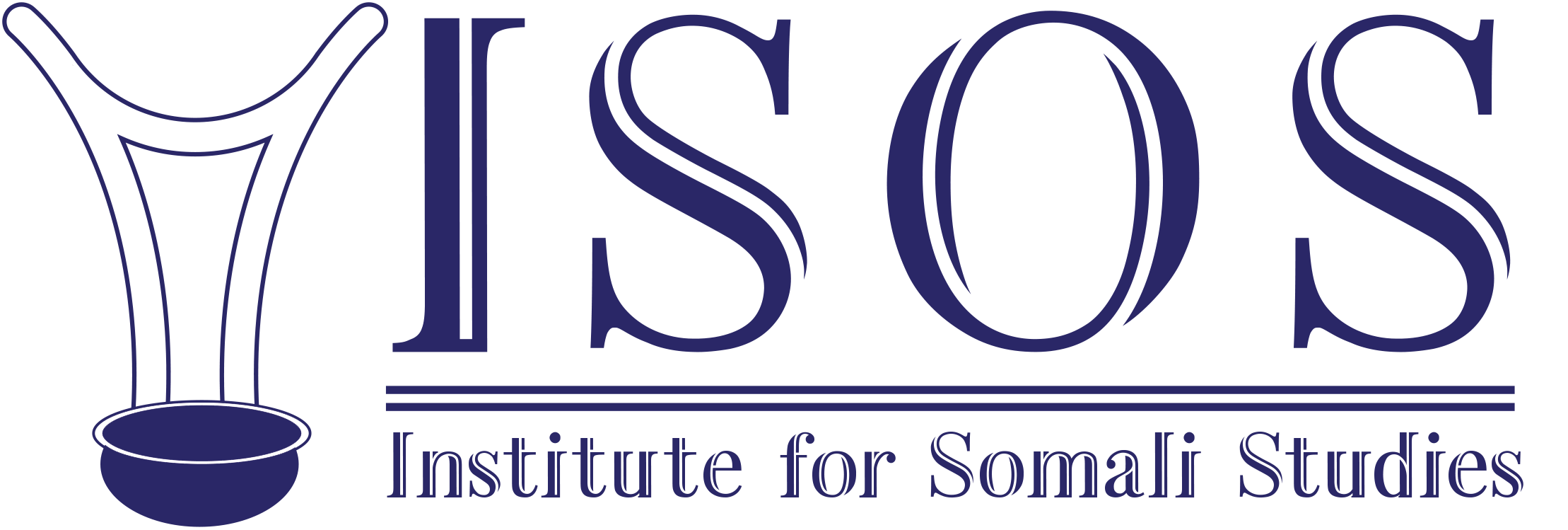Abstract
Somalia Security Shaping Factors: Colonial Legacy, Global Conflicts and State Making Process
This study aims to address the incessant security threats that Somalia has been facing for the last five decades. Exclusively, the article attempts to explore and stretch a substantial understanding of the literature and the notion of security in Somalia by trying to puzzle out the link between state building and the security in Somalia. The article utilizes Mohammed Ayoob’s concept of Third World security understanding, and argues that the history of state formation and the short experiences of the state building period in Somalia has shaped the internal security vulnerabilities and the social disintegration. The feeble experience of governance and state making process, have contributed significantly to the fragility and state failure, which in turn resulted in and led to -at the
same time- the internal security susceptibilities and fragmentation of the society. The study also argues that the colonial legacy and the super power competition in Somalia have shaped the politics as well as its security environment.
Keywords:
State making, Security, Colonial Legacy, Somalia,
Mogadishu University
ISOS

